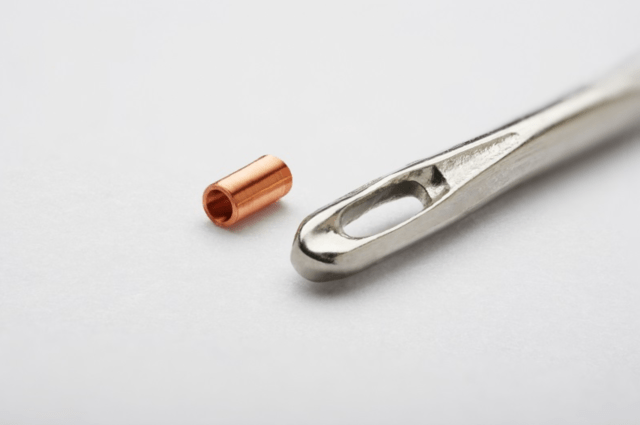Micro coil winding technology has brought some significant changes in the medical industry. Because of its efficiency, the medical industry is more preferring micro coils to heal different types of sicknesses related to the human body. Micro coils have made it possible to prepare and successfully implant several minimalist apparatuses within our body. Some examples of them include pacemakers, catheters, etc.
In this post, we will discuss the custom wire coil manufacturing process along with articulating its usage in the medical sector.
The process of custom wire coil manufacturing:
Contents [show]
Manufacturing a custom wire coil is not a no-brainer and requires utmost precision and skill. The whole manufacturing procedure is quite delicate and laborious. You need to add the micro-coil winding with a core in an attempt to increase the inductance quality of the wire. You also need to place the wire in the center of the coil.
The coils are very thin in thickness. To insert the coil under the implant, you need to make sure that the diameter of the coil remains lower than 0.1 mm.
As per the requirements of medical science, the size of the micro-coils must be miniature to perform fine and sophisticated operations. For example, if you have to implant a medical device on a patient’s skull, you need to transfer it through the channel underneath the wisdom tooth. It is indeed a critical task as it is connected with the nasal channel. So, in a nutshell, one erroneous step can cause a real problem for the patient’s breathing pattern.
The difference of medical industry based micro coils with other industries:
The use of micro-coil winding in the medical industry differs from other industries in many ways. The first and most important difference is obviously the size.
For instance, assume you have to insert a micro-coil under a patient’s vein.
For that reason, you need to ensure that the size of the coil does not exceed 0.8 mm including coating. Another difference is safety. Micro-coil enabled devices go under the human body. So, it is very necessary that you use the materials that would not create any adverse effect on the body after the implementation.
Use of micro coils in the medical industry:
Micro coils help in data transferring between miniature implants such as control, monitor, and logging related information.
It also delivers the required energy to the implants that help the implants get the initial energy to get ready for electric or battery charging so that they can activate their system for other operations.
It helps in energy radiation in case of heat or RF treatments.
For minute implants that work as a sensor within our body to measure physiological activities such as blood pressure, heartbeat, micro coils act as a mediator for wireless communication.
Final thought
For medical equipment designers, the introduction of the micro-coil has opened a wide option of possibilities. And it is quite evident that, in the future, the use of micro coils in the medical industry will grow.


